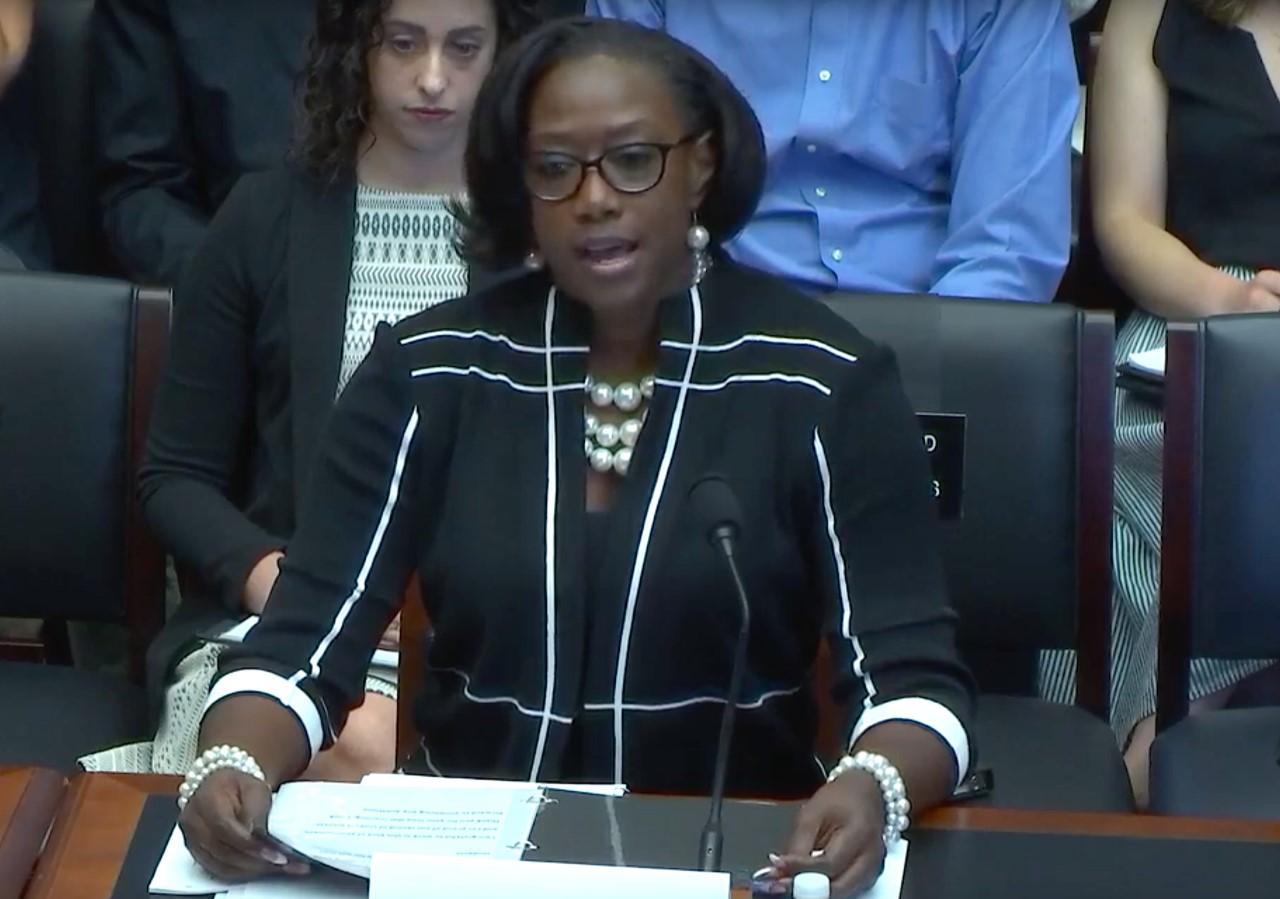The federal TRiO Student Support Services grants will be used to provide assistance that enhances academic success.
Virginia Commonwealth University has been awarded $2.6 million in federal TRiO Student Support Services grants to help low-income and first-generation college students and individuals with disabilities.
A grant in the amount of $261,855 for five years that was initially awarded in 2015 has been renewed and a new five-year grant of $261,888 has been awarded. During the first five-year grant cycle, VCU’s TRiO Student Support Services program served 200 students each year and assisted approximately 95 students graduating from VCU. The new grant will aid an additional 120 students in STEM majors.
“We are excited about the next phase of our work in student access and success supported by the additional investment of TRiO grants,” said Tomikia LeGrande, Ed.D., VCU’s vice president for strategy, enrollment management and student success. “The TRiO Student Support Services program aligns with our goal of educating, empowering and engaging a diverse population of students to successfully compete and contribute in a global workforce after graduation.”
The federal funds will be used to provide services such as academic tutoring, financial-aid advice, career and college mentoring, help in choosing courses, and other forms of assistance that enhance academic success and make it more likely that students will graduate.
“VCU TRiO Student Support Services prides itself on the unique relationships we build with our students as well as the community that is built among all of the students,” said Chimene Boone, Ph.D., director of VCU’s TRiO Student Support Services program. “TRiO is a family. We offer a safe and encouraging environment for our students so they feel there is no barrier that will stop them from succeeding here at VCU.”
Student Support Services began in 1968 and is one of eight federal “TRiO” programs authorized by the Higher Education Act to help college students succeed in higher education. It recognizes that students whose parents do not have a college degree have more difficulties navigating the complexity of the decisions that college requires for success. The program bolsters students from low-income families who have not had the academic opportunities that their college peers have had and helps students with disabilities remove obstacles preventing them from thriving academically.
“The COVID-19 pandemic has worsened the systemic inequality and financial hardship which keep promising students from succeeding in college. Student Support Services is needed now more than ever,” said Maureen Hoyler, president of the nonprofit Council for Opportunity in Education, which expands college opportunities for low-income and first-generation students and students with disabilities.
Boone, a TRiO alum, said she is constantly looking to provide more opportunities and support for TRiO students. Approximately one-third of VCU students are the first in their family to attend college.
“We are so excited to have the opportunity to provide services to more students through these grants,” Boone said.



